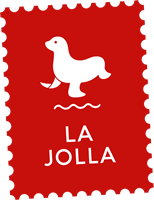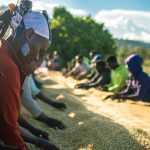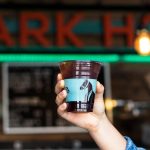Find the Best Colombian Coffee With Dark Horse Coffee Roasters
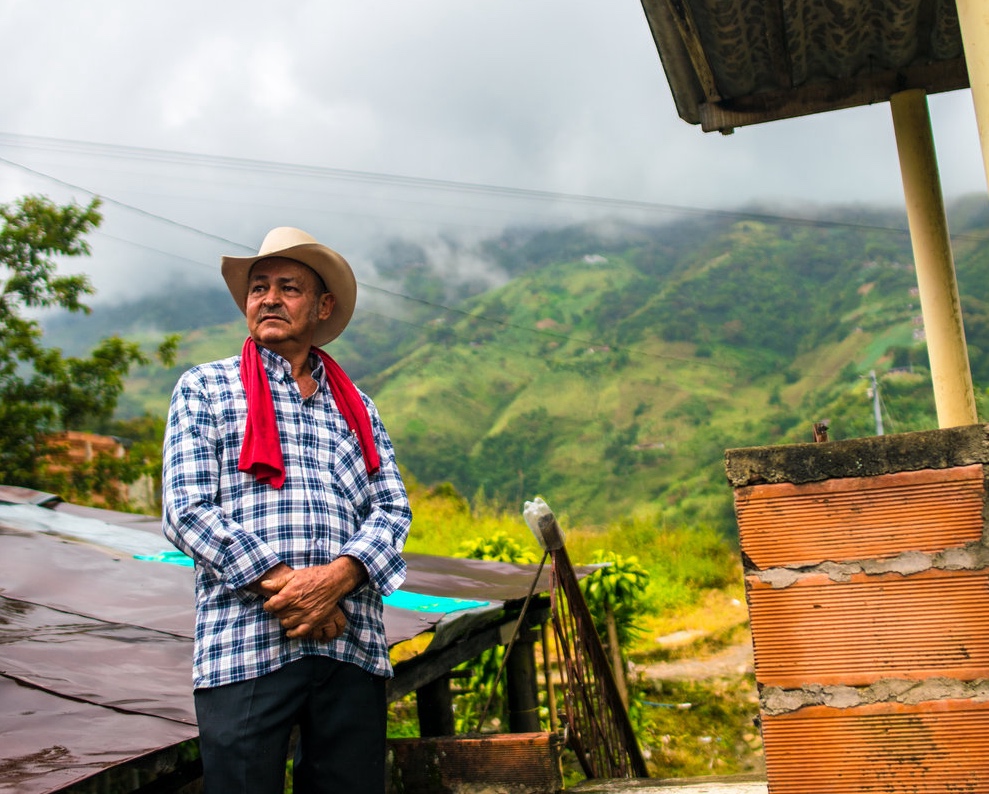
Colombian coffee is highly regarded as some of the best in the entire world. In fact, this Latin American country is ranked as the top third coffee producer across the globe, after Brazil and Vietnam. This position is a great indicator of just how high the demand is for this type of coffee bean.
Grown in high elevations around the Andes Mountains, Colombian coffee beans develop a uniquely balanced flavor and composition. Whether brewed cold, served as an espresso, or prepared with a French press, this bean is consistently smooth and pleasurable—even for those who may not be heavy coffee drinkers.
Since Colombia’s coffee is so popular, it’s likely that you’ve already had it at some point in your life and are already familiar with its tasting notes. But you may be surprised to learn just how special the roasts are that come from this coffee. Here’s what to know about Colombian coffee and how you can get the best beans for your daily brew.
What is Colombian Coffee?
Colombian coffee refers to any coffee bean grown within the South American country of Colombia. These beans are usually 100% Arabica—widely considered to be the superior coffee plant species. The flavor profile can vary slightly depending on the region it’s grown in, but the beans generally produce roasts with gentle acidity and caramel-like sweetness. The harmonized composition makes it easy to drink and is ideal for all types of preparation methods.
Where Can I Buy Colombian Coffee?
As a high-demand product, Colombian coffee can be found in cafes and shops everywhere. However, not all of these products deliver an equal level of quality. Mass-produced Colombian beans, for instance, may be widely available but tend to lack the characteristic tasting notes that high-quality roasts are known for.
To experience the freshest cup of Colombian, look to buy your roasts from retailers that sell direct-trade, single-origin beans. These Colombian coffee beans come from single producers—a quality that ensures the resulting roasts highlight the unique flavors of a specific growing region. Getting your hands on these prized roasts is easy—and won’t break the bank—when you shop Dark Horse coffee online at LaJolla.com.
Shop Our Selection of Colombian Coffee from Dark Horse Coffee Roasters
Dark Horse Coffee Roasters
Dark Horse Coffee Roasters is a local business based in San Diego that specializes in single-origin direct-trade coffee. Apart from opening several top-rated neighborhood cafes in the San Diego area, this company is known for sourcing beans from top production regions throughout the globe—including Colombia.
Committed to high-quality products and ethical practices, these Colombian coffee roasters source whole beans from smallholder farms. Through their close relationships with independent producers, Dark Horse can ensure beans are grown with care and traded in a way that preserves the rich history of regional coffee.
At LaJolla.com, you can order the company’s single-origin Colombian coffee beans grown at the El Silencio farm in the country’s mountainous Antioquia region. Thanks to rich soil and high-elevation growing conditions, these beans develop an extraordinary flavor that’s accented by dulce de leche, orange marmalade, and honey notes.
Their No Problemo! Blend also serves up a smooth Colombian base that’s enhanced with the rich notes of Brazilian and Guatemalan beans. This blend is perfect for espresso, but works just as well with filter and cold brew preparations.
What Makes Colombian Coffee Unique?
Colombian coffee has a rich history that began in the 1700s, when Jesuit explorers introduced the crop to the region. Falling within the “Coffee Belt,” this country offers high altitude, near-equator temperatures, heavy rainfall, and volcanic soil—all ideal conditions for growing the highly sensitive Arabica coffee plant.
Rather than becoming a crop managed by massive agricultural producers, Colombian coffee has remained a product of small, independent farmers.
Positioned throughout rainforest, mountain, and coastal regions, these farms exist within varying microclimates—a major factor in the way their coffee beans develop. While the general climate produces a high-quality bean throughout the county, these microclimate conditions give each harvest different and unique flavor compositions.
How is Coffee Grown in Colombia?
Colombian coffee beans are cultivated on steep slopes throughout mountainous regions. This positioning helps ensure consistent access to water while maintaining excellent drainage. These areas are also rich with banana trees, which provide shade and control moisture to benefit the coffee plants. Small family farms also only harvest from relatively restricted areas, which helps preserve resources and amplify nutrients for healthy growth.
Colombian coffee farmers are also some of the few growers in the world that harvest twice a year—once in the spring and autumn. Compared to other countries, this dual-season harvest practice helps Colombia maintain a steady supply of coffee throughout the year without compromising on quality.
But while the production is steady, growing still takes time. Plants usually undergo a flowering process for up to six months. The resulting cherries—which hold the coffee beans—ripen a few months later, at which point they are harvested. Given the steep slopes, most producers have to harvest the cherries by hand. From there, the cherries may be dry-processed through lengthy sun-drying. Or the beans may be wet-processed by separating them from the cherries before drying.
Is Colombian Coffee Strong?
Compared to Robusta varieties, Colombia’s Arabica beans offer a richer tasting experience. But compared to other global Arabicas, Colombian coffee isn’t as strong. Instead, roasts from this region tend to produce a brew with a mellower acidity, medium body, and smooth sweetness. Due to these characteristics, Colombian coffee can deliver a refreshing and robust cup without the aid of sugar or milk.
What does Colombian Coffee Taste Like?
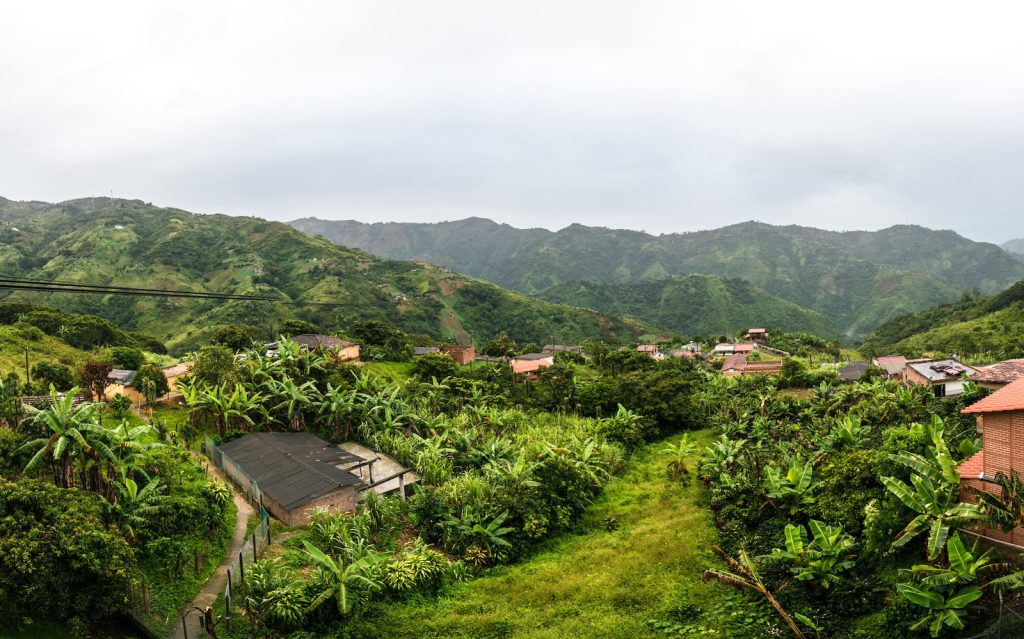
Across the board, Colombian coffee offers a sweet caramel-esque flavor that is complemented by nutty and chocolate undertones. Other common flavors people pick up on include hints of berry, tomato, and fruity jam. The more specific tasting notes, however, will often depend on where the beans were grown.
Southern regions, for instance, are known for a higher acidity that’s compounded with citrus. In the central regions, you’ll discover beans that are more vegetal and fruity in flavor. And beans that come from northern Colombian regions will typically deliver a lower-acidity, higher-body composition that’s rich with chocolate and nutty notes.
How Much Caffeine is in Colombian Coffee?
Colombian coffee roasts typically have the same amount of caffeine as other gourmet Arabica beans produced elsewhere in the world. The range falls between 1.2% and 1.8%, which is slightly lower than what Robusta beans offer at 2.2%. However, Arabica beans are considered higher quality in overall taste.
If you want amplified caffeine, stick with single-origin Arabica roasts, as higher-quality crops tend to have higher levels of caffeine.
Or, if you want to buy Colombian coffee without the caffeine kick, try Dark Horse’s Decaf Colombia Blend.
Is Colombian Coffee Acidic?
One of the reasons people everywhere love Colombian coffee is its mild acidity. This level of acidity helps the coffee deliver a smooth drinking experience without compromising on the sharp flavors that these beans are known for.
Keep in mind that the growing region may affect the acidity. Specifically, southern-region farms produce crops with lower acidity, while northern-region growers have harvests with higher acidity.
Want to brew the best Colombian coffee? First, purchase fresh single-origin whole beans from one of the world’s top-ranked Colombia coffee roasters—such as Dark Horse Coffee. Next, grind the beans when you’re ready to make your brew.
Traditionally, Colombian coffee is prepared with a pour-over method. However, you can have a delightful experience preparing your coffee with a French press, as an espresso, or through a cold brew method.
If you prefer, Colombian coffee can go well with your choice of milk and unrefined sugar. However, if you want to capture all the unique tastes, stick to a black cup and savor each sip.
Photos and video courtesy of Dark Horse Coffee Roasters.
